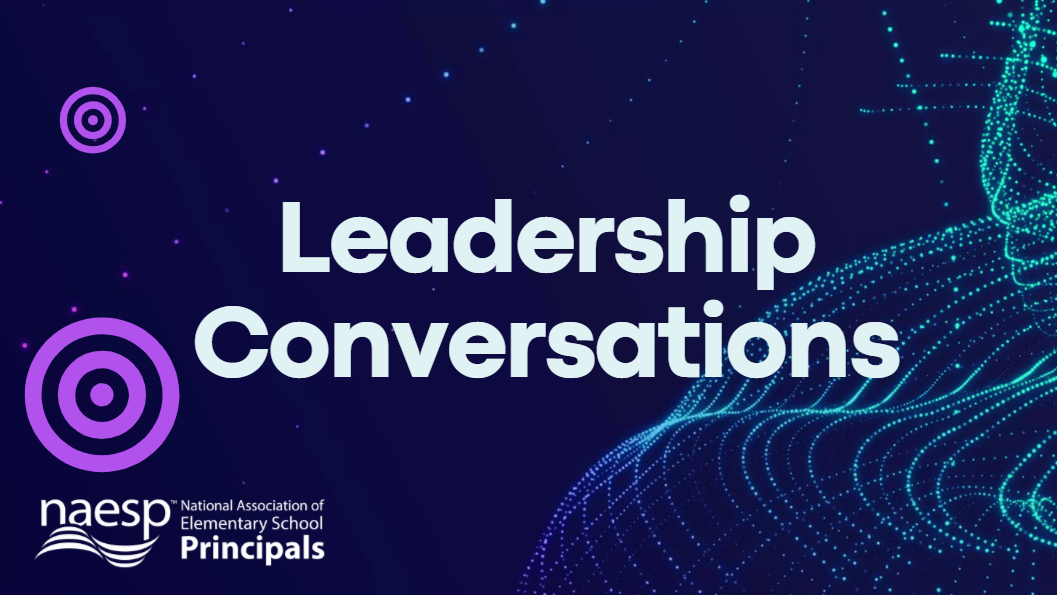
A Research Adventurer’s Guide To Asking Questions
Hear from Ellen Galinsky, CEO and founder of Mind in the Making. as she discusses how to keep your fire burning as an educator.
Topics: Professional Learning, School Culture and Climate
Hosted by NAESP member, author, and keynote speaker Adam Welcome, NAESP Leadership Conversations is a new way to bring you professional learning and in-depth conversations from thought leaders in the field. Through these conversations, you’ll learn strategies to do your job better with more satisfaction, collaboration, and flexibility and gain tools you can use daily.
In this episode, you will hear from Ellen Galinsky, as she discusses how to keep your fire burning as an educator. We are all born with the desire to learn and it is our role as educators and leaders to pass the torch of successful life skills to our children.
Top 10 Takeaways:
- Be a research adventurer: Follow your questions and do not be afraid to ask more.
- Make sure you are doing two or three things with fidelity instead of 25 with mediocrity: Evaluate the impact of interventions; people who are ongoing learners make the best teachers; Be curious; it is fundamental to the field; Practice civic science. The people who would be the subjects of your study should cocreate it with you.
- Make sure you’re asking the right questions, and remember to ask questions you haven’t been asked before.
- Find your blind spots. Ask questions, and when you think you have it, ask more. Whom have you not engaged?
- We are saying too much to kids; we need to do more with kids. Connect the learning pieces with them.
- Executive function skills relate to the things we need. It is directly related to academic success and life success.
- Four fundamentals of executive function skills: Working memory, flexible thinking, inhibitory control, and reflection.
- Help your kids set goals; plan, do it, review it, and discuss how it went.
- Walk the talk! We need to improve our own skills to teach our kids to do the same.
- Identify your goals and use possibility mindset process to create change that sticks.
Reflection Questions:
- If you’re curious about what is going on with a child, you need to have a different approach to the situation. How can you make that change?
- When creating environments that help kids thrive, consider: How does your environment promote a positive place of learning?
- Don’t be siloed in your work. What are five supports you have, and how you can collaborate to achieve your goals?
- Children have five needs: caring and connection, autonomy, mastery, identity, and purpose. How does your leadership promote each?

